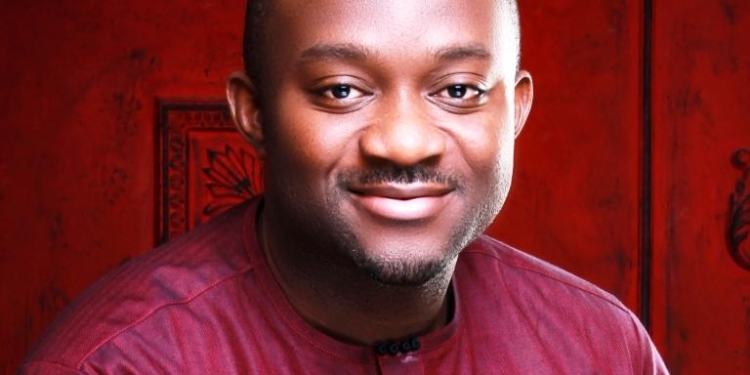The establishment of an electoral offences commission has been identified as one of the key priorities for electoral reforms in Nigeria.
This was disclosed by Samson Itodo, Executive Director of YIAGA Africa while delivering a speech at a roundtable on Electoral reforms, which was convened by YIAGA Africa, European Centre for Electoral Support (ECES) and EU-Support for Democratic Governance in Nigeria (EU-SDGN).
Itodo also noted that to achieve electoral reforms there is need for “legal recognition for electronic accreditation of voters, e-voting, e-collation and electronic transmission of results;
“Addressing the duality of jurisdiction between Election Petition Tribunals and regular courts, and reviewing and harmonizing timelines for the determination of pre-election matters to ensure pre-election disputes are resolved before the date of elections;
“The introduction of legal grounds for the rejection of list of candidates submitted by parties to INEC as well as powers and conditions for suspension or cancellation of elections;
“Subjecting declarations and returns made by Returning Officers under duress or controversial circumstances to further review by the commission,” he added.
Also speaking at the roundtable, Executive Director, AIT, Imoni Amarere noted that “Electronic media should mobilise and collaborate with CSO to put democratic issues on the front burner on a regular basis.
He stated that media organisations should mobilise and collaborate with Civil Society Organisations to put democratic issues on the front burner on a regular basis.
“The more we put the views of the people on the front burner, the more political leaders are compelled to look at them in a way the people want them to for the betterment of the society,” Amarere added.
Wilson Manji, Coordinator Advisor/Electoral Administration Expert, European Union Center for Electoral Support, ECES, while giving his remarks urged the media to be more committed and maintain high professional in their reporting of electoral and political issues as stakeholders pursue electoral reforms in the country.
Manji also revealed that the ECES collaborated with INEC in organising a retreat on electoral reforms in Nigeria with members of the Nigeria National Assembly present as he noted that a lot of exchanges are being made by both the legislative and the electoral body.
“A lot has been done and there is still much more that needs to be done and all hands must be on deck to ensure that Nigeria’s electoral regime is truly comprehensive, transparent and inclusive.
“This will definitely go a long way to ensure that elections in Nigeria are successful, inclusive free and fair and by extension would engineer good governance.
“The media is integral to this process and would play an important role in achieving this. The media constituency is plagued with issues but at the same time you have shown tremendous resilience and commitment towards the growth and sustenance of democracy in Nigeria.
“We expect more commitment to high ethical standards and professionalism in your reportage of electoral and political proceedings as this would go a long way towards furthering the cause of democracy in Nigeria beginning with electoral reforms.
He also urged journalists to be wary and shun fake news in their reportage of political issues in the country.
Chief Press Secretary to INEC Chairman, Rotimi Oyekanmi, stressed the need for the media to be truthful in reporting election issues.
He noted that the media has a huge role to play in tackling the high influence political parties have on other stakeholders in Nigeria political space.
“They (media) should anchor its activities on neutrality and the concept of truth. I look forward to a time when we don’t have to deploy over 20,00 police or shut down the states during an election.
“A lot needs to be done to tackle the immense power political parties has on all Nigerians,” Oyekanmi added.

